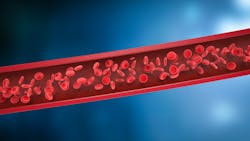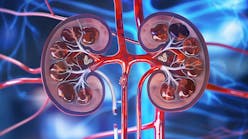In a massive study, scientists with the international CARDIoGRAMplusC4D consortium compiled and analyzed DNA data from more than 1 million people, including over 200,000 with coronary artery disease.
The researchers discovered 68 new genome regions, or loci, associated with increased risk for CAD, bringing the total to more than 250. They also developed a sweeping approach that incorporates eight diverse lines of evidence and used it to systematically pinpoint 220 candidate causal genes that underlie the associated loci. They verified the role of one of these putative causal genes through genome-editing and cell-based experiments, showing the power of their method to reveal how specific genes might be involved in development of CAD
The work, published in Nature Genetics, provides a more complete picture of the genetic roots of CAD, outlines a list of genes and genetic variants for future study, and demonstrates an analytical framework for identifying causal genes that can be used to enhance research on other diseases involving genome-wide association studies (GWAS).





